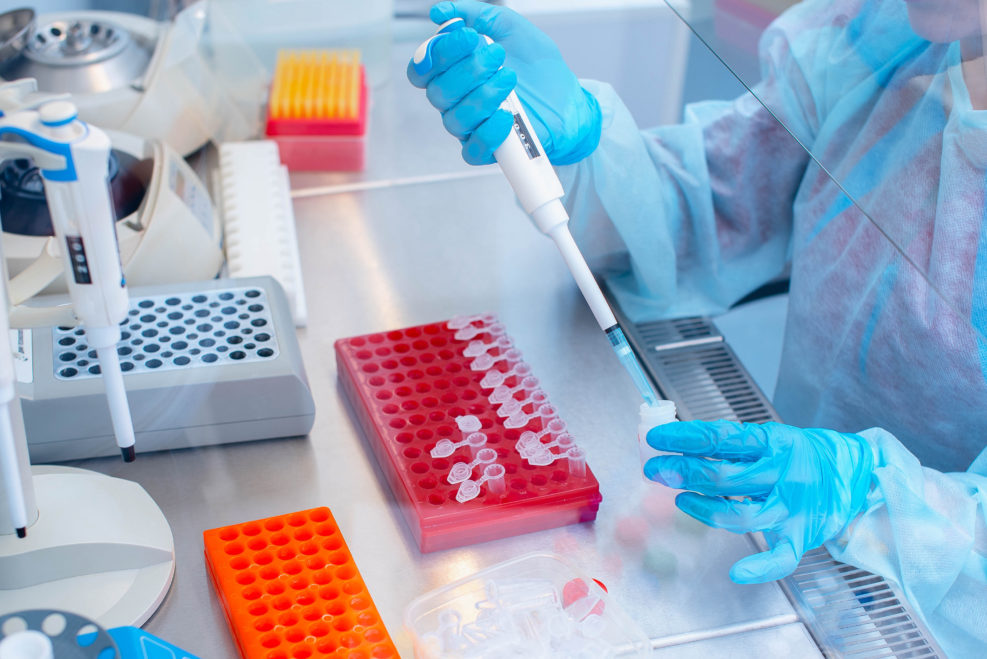
The Reality of the Mind: The Argument From Epilepsy
Why do epileptic seizures evoke many odd behaviors but not abstract thought?In the recent debate between neurosurgeon Michael Egnor and philosopher David Papineau, “Atheist Philosopher and Christian Neurosurgeon Debate Materialism” at Theology Unleashed, there was sort of digression at 49:30 on the nature of thought. Dr. Egnor talks about what he learned from his experiences with treating epilepsy and Dr. Papineau responds. Note: Dr. Papineau is a “physicalist.” On that view, “the mind is a purely physical construct, and will eventually be explained entirely by physical theory, as it continues to evolve.” (Philosophy basics) He is considered to be one of the best defenders of naturalism (nature is all there is), often called “materialism.” Michael Egnor: There are three metaphysical questions that I think can be answered in an inferential way, Read More ›

















